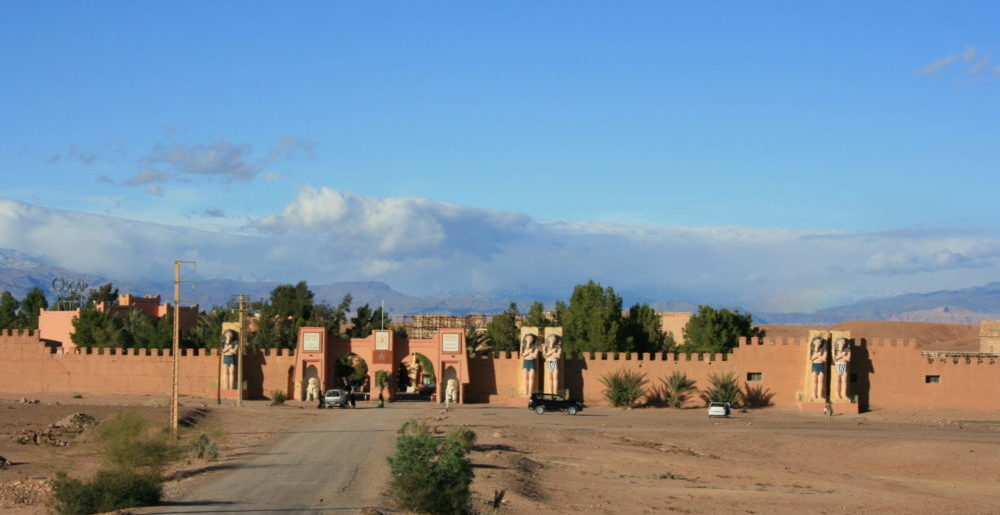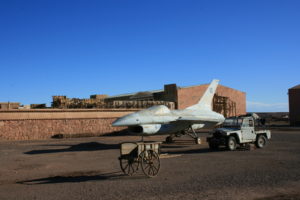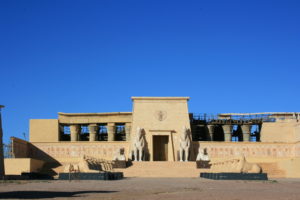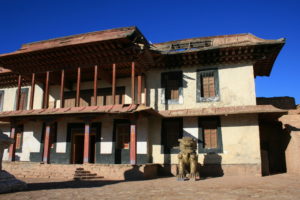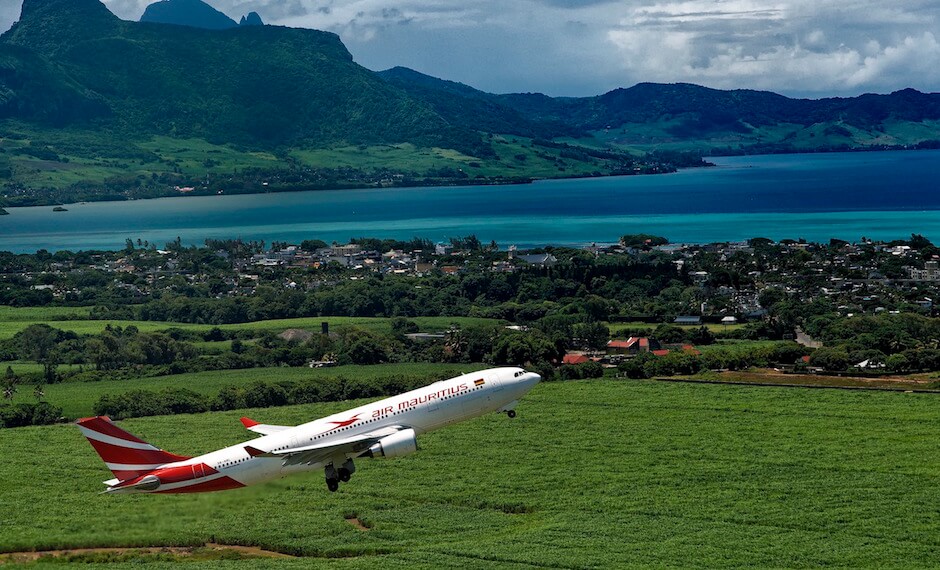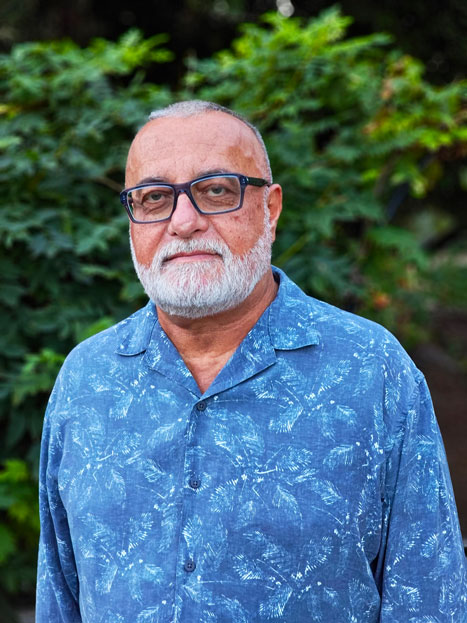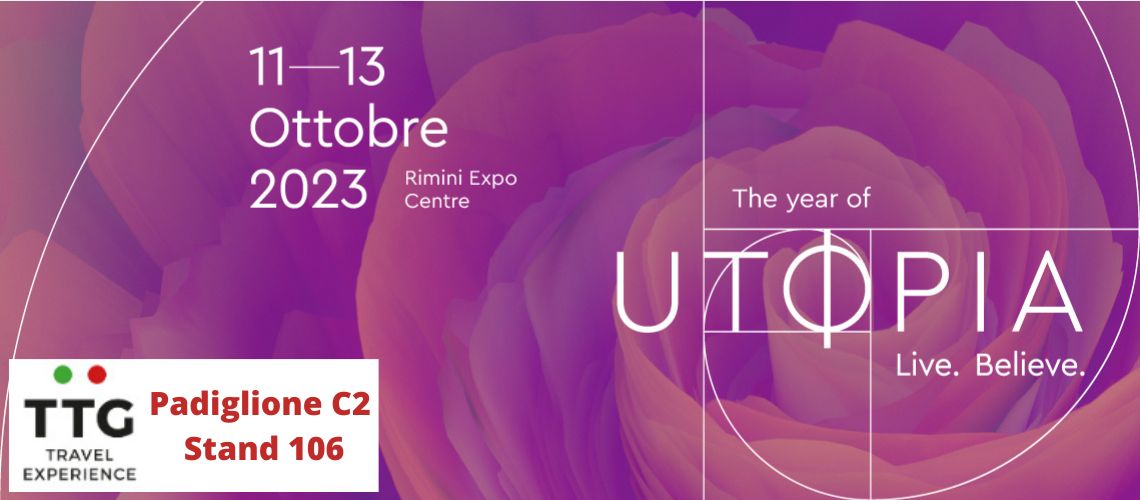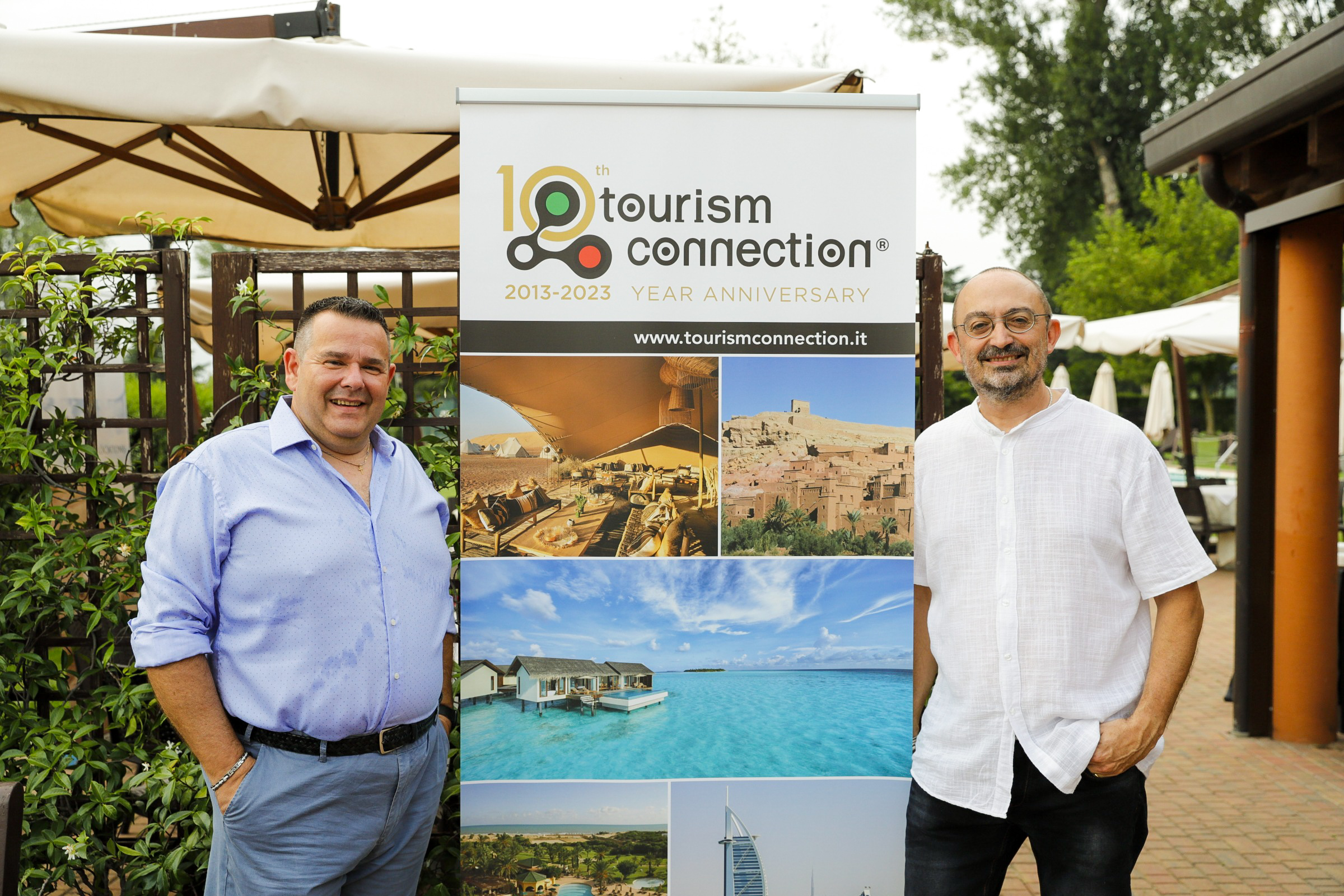[:it]L’amore tra il Marocco ed il Cinema nasce con la nascita del cinematografo: si dice che già fin dal lontano 1896 Louis e Auguste Lumière si siano recati diverse volte in Marocco per riprendere momenti di vita quotidiana.
Non è quindi un caso che si sia sviluppato un connubio molto forte tra produttori cinematografici, attratti da nuovi “Studios” e da molteplici opportunità che questi offrono, e il territorio stesso, particolarmente evocativo per ambientazioni che spesso esulano dal contesto stesso del paesaggio.
Le numerose pellicole girate rendono il Marocco molto familiare al mondo intero, instillando una immagine molto gradita, avvolgente ed esotica nei viaggiatori che sognano di rivivere le avventure sognate ed ammirate nei film con possibili viaggi, ricchi di forti emozioni.
Presso gli “Studios” di Ouarzazate, tutt’ora attivi e con ambientazioni sceniche ancora in essere, si possono rivivere ancora numerosi set di film di successo: Kundun, Il Gladiatore, Otello, La Mummia – Il Ritorno, Il Gioiello del Nilo, Asterix & Obelix: Mission Cleopatra
: nonostante la loro location fosse altrove, sono stati quasi interamente girati qui.
Non mancano poi pellicole ambientate in Marocco che assumono spesso un connotato proprio come “esperienza di viaggio” in queste terre, con una componente “on the road” o la ricerca di un “altrove”. Basti pensare a Marrakech Express, Un Tè nel Deserto, Un Treno per Marrakech.
Esistono poi altri film molto evocativi e che hanno contribuito ad accrescere una dimensione mistica ed esotica alla destinazione, ma che tuttavia non sono stati interamente girati in Marocco. A partire dal celebre Casablanca, passando per Il Vento e il Leone, L’Uomo che sapeva troppo, Avventura al Marocco…
Interessante e di qualità, anche se meno conosciuta dal grande pubblico, la produzione nazionale, con i suoi produttori e registi emigrati in Francia.
Molte città (e anche luoghi turistici più o meno noti) possono vantare di aver ospitato scene di moltissimi film internazionali, anche di recente produzione. Ad esempio: presso la Kasbah di Ait Ben Haddou, oltre ad alcuni dei film sopracitati: Gesù di Nazareth, 007: Zona pericolo, Lawrence d’Arabia, Alexander; a Meknes: il Gioiello del Nilo; a Tangeri: The Bourne Ultimatum; a Essaouira: Otello, Last Minute Marocco, a Rabat: Black Hawk Down, Il Pane Nudo; a Erfoud: I Giardini dell’Eden, a Marrakech: Alexander, La Casa sulle nuvole, Marrakech Express, Last minute Marocco…
Il “cine-turismo” è una nuova frontiera per scoprire il Marocco, soprattutto se sarà in grado di entrare in contatto con la cultura locale con una logica di rispetto e sostenibilità. E’ certo però che i turisti non potranno non meravigliarsi del perchè il grande schermo ha scelto il Marocco con i sui splendidi panorami naturali come ambientazione scenica dei propri film.
[:en]The love between Morocco and cinema was born with the birth of the cinema: it is said that as far back as 1896 Louis and Auguste Lumière have traveled to Morocco several times to resume moments of everyday life.
It is therefore no coincidence that a very strong union has developed between film producers, attracted by new “Studios” and by the multiple opportunities they offer, and the territory itself, particularly evocative for settings that often go beyond the context of the landscape itself.
The numerous films shot make Morocco very familiar to the whole world, instilling a very welcome, enveloping and exotic image in travelers who dream of reliving the adventures dreamed and admired in films with possible travel, full of strong emotions.
At the “Studios” of Ouarzazate, still active and with scenic settings still in existence, you can still relive numerous sets of successful films: Kundun, The Gladiator, Othello, The Mummy – The Return, The Jewel of the Nile, Asterix & Obelix: Mission Cleopatra: despite their location was elsewhere, they were almost entirely shot here.
There are also films set in Morocco that often take on a connotation just like a “travel experience” in these lands, with an “on the road” component or the search for an “elsewhere”. Just think of Marrakech Express, The Sheltering Sky, A Train to Marrakech.
Then there are other very evocative films that have contributed to increase a mystical and exotic dimension to the destination, but which however have not been entirely shot in Morocco. Starting from the famous Casablanca, passing through The Wind and the Lion, The Man Who Knew Too Much, Adventure to Morocco …
Interesting and valuable, although less known by the general public, the national production, with most of its producers and directors who emigrated to France.
Many cities (and also – more or less- well-known tourist places) can boast of having hosted scenes from many international films, including recently produced ones. For example: at the Kasbah of Ait Ben Haddou, in addition to some of the aforementioned films,: Jesus of Nazareth, 007: Danger zone, Lawrence of Arabia, Alexander; in Meknes: the Jewel of the Nile; in Tangier: The Bourne Ultimatum; in Essaouira: Othello, Last Minute Morocco, in Rabat: Black Hawk Down, El Khoubz el Hafi; in Erfoud: I Giardini dell’Eden, in Marrakech: Alexander, La casa sulle nuvole, Marrakech Express, Last minute Morocco …
Cine-tourism is a new frontier to discover Morocco, especially if it will be able to get in touch with local culture with a logic of respect and sustainability. However, tourists will not be surprised why producers has chosen Morocco with its splendid natural panoramas as the scenic setting of their films.[:]

